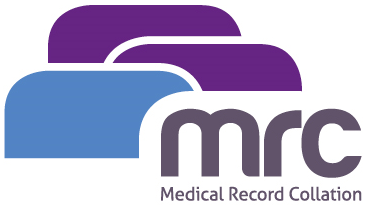Have you ever looked through your client’s medical case notes and, even if you can decipher the handwriting, thought you may as well be reading a foreign language?
Unless you have a medical degree or have worked in the specialist area of clinical negligence for a long period of time your knowledge of medical terminology is understandably going to be limited. It would also be beneficial if you have studied Latin or Ancient Greek as many medical terms are derived from these languages, but how many of us have in these days of modern foreign languages? Memorising the medical dictionary is clearly not advisable so, as in learning any new language, your understanding of medical terminology is helped by learning basic rules.
A good place to start is with some of the more common prefixes, suffixes and word roots as most words are simply a combination of different elements of these. See below for some examples:
- Hysterosalpingo-oophorectomy
- ectomy – surgical removal of
- oophor – ovaries
- salpingo – fallopian tubes
- Hystero – uterus
- Cholecystectomy
- ectomy – surgical removal of
- Chole – bile
- Cyst/o – bladder
- Appendicitis
- itis – inflammation
- Append – appendix
- Arthritis
- itis – inflammation
- Arthr – joint
- Cardiomegaly
- megaly –enlargement
- Cardio – heart
- Splenomegaly
- megaly –enlargement
- Splen/o – spleen
- Haematemesis
- emesis – vomiting
- Haem – blood
- Hyperemesis
- emesis – vomiting
- Hyper – above normal
- Dysphagia
- phagia – eating
- Dys – difficult
- Dyspnoea
- pnoea – breathing
- Dys – difficult
If you have found this insight valuable please look out for the next clinical topic in January’s MRC Casenotes.
For one of our helpful Glossary of Medical Abbreviations or for any further help with your client’s medical records please don’t hesitate to get in touch with our specialist team on 0161 928 1636.
